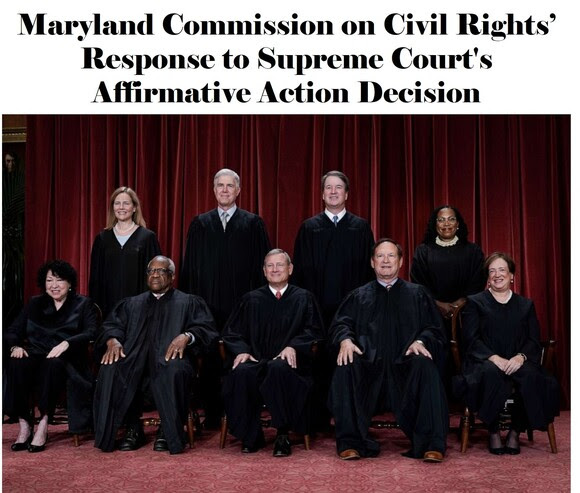Innovative Mental Health Legislation would Increase Community-Based Services for Adults with Mental Health Disabilities
At the Judge David L. Bazelon Center for Mental Health Law’s June 22, 2023 event celebrating the 24th anniversary of the decision in Olmstead v. L.C. (Lois Curtis), it was announced that New York’s Senator Kirsten Gillibrand and Congressman Daniel Goldman (D-NY-10) have proposed the “Strengthening Medicaid for Serious Mental Illness Act.” Read the press release here.
The Act would provide desperately needed mental health support to the 14 million adults in the U.S. living with a serious mental illness (SMI), such as schizophrenia, bipolar illness, and major depressive disorder. Too many individuals living with SMI are stuck in a devastating cycle moving between hospitals, jails, and housing instability due to lack of access to community-based treatment. In 2021, over 1/3 of individuals with SMI did not receive any form of mental health treatment. In New York City, a number of subway deaths have highlighted the need for access to intense and immediate mental health support. This bill creates a new package of services under Medicaid targeted specifically to individuals living with SMI, sets a national standard for SMI care, and incentivizes states to provide intensive community-based services to treat SMI.
The Bazelon Center helped shape this legislation and strongly supports the “Strengthening Medicaid for Serious Mental Illness Act,” a critical improvement to the Medicaid program. It also has been endorsed by the National Health Law Program. The legislation, introduced on the 24th anniversary of the Supreme Court’s landmark decision in Olmstead v. L.C. (Lois Curtis), will incentivize states to provide a robust array of intensive community-based services for adults with mental health disabilities. These services - including Assertive Community Treatment (ACT), housing-related services, supported employment, peer support services, and mobile crisis services - have been proven to help individuals with disabilities live successfully in their own homes and communities. The services help people avoid unnecessary institutionalization in hospitals and other facilities, which under Olmstead constitutes disability-based discrimination. This bill will help states comply with their legal obligations and save taxpayer dollars that would otherwise pay for expensive institutional care.
These services – including housing-related services, supported employment, peer support services, ACT, and mobile crisis services–have been proven to help individuals with disabilities live successfully in their own homes and communities and avoid unnecessary institutionalization in hospitals and other facilities, which under Olmstead v. L.C. constitutes disability-based discrimination.
Specifically, the Strengthening Medicaid for Serious Mental Illness Act would:
1. Create a new waiver program granting Medicaid authority to provide states with an option to offer a package of services targeted specifically to individuals with SMI. The package would include:
- Assertive community treatment, an evidence-based, highly individualized team-based service designed to support adults with the most intensive mental health needs;
- Supported employment to help individuals get and keep a job;
- Peer support services from individuals who have lived or living experiences with mental health conditions;
- Mobile crisis intervention teams that can help de-escalate situations and link individuals to other community-based services;
- Intensive case management; and
- Housing-related activities and services to support individuals with transitioning to and maintaining housing.
2. Require states to adhere to certain standards, like tracking disparities in treatment, to ensure services are delivered with care to all in need.
3. Create a tiered Federal Medical Assistance Percentage (FMAP) increase to incentivize states to provide intensive community-based services to individuals with SMI. This means that states could receive an increase up to 25% in funds allocated by the federal government for their Medicaid programs.
*****
June 2023 Monthly Briefing, Judge David L. Bazelon Center for Mental Health Law, 2023.
Read the June 22, 2023 Press Release.
Read the June 22, 2023 NHeLP release.









